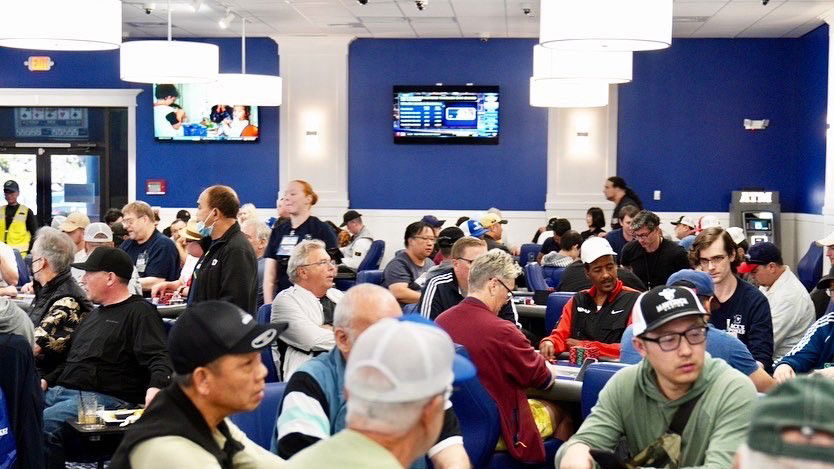Washington State card room operator Maverick Gaming’s appeal of its challenge to Washington’s sports betting tribal compact has been dismissed. Last week, the Third Circuit Court of Appeals upheld a lower court’s dismissal of the case in February 2023, dealing a major blow to the operator’s efforts to overturn the state-sanctioned tribal monopoly on sports betting.
Maverick Gaming first filed the suit in 2022. The company, which invested heavily in buying up card rooms across Washinton, banking on the legislature legalizing commercial sports betting, argued that the state’s 2020 compact with tribes violated the 10th Amendment and the Equal Protection Clause by giving them the exclusive right to offer sports betting.
The company also said the compacts violated the Indian Gaming Regulatory Act (IGRA). Under IGRA, tribes are permitted to offer certain types of gaming provided they are available in any form elsewhere in the state, which in Washington was not the case, Maverick said. Thus, the operator alleged the law was being used “inappropriately” to give tribes exclusive rights to certain types of gaming that are not allowed in non-tribal gaming properties elsewhere in the state.
The arguments were not enough to sway the Third Circuit Court of Appeals, which offered similar reasons for dismissal as did the judge in the Western Washington District Court decision. Although the move greatly hurts Maverick’s efforts against the tribal sports betting monopoly, Maverick Gaming CEO Eric Persson had previously told the media he is willing to take this case all the way to the Supreme Court.
Appeals courts rejects latest move
The case became a sovereign rights issue when Maverick moved it to a federal court. This led to tribal property Shoalwater Bay Casino intervening in the case, alleging Maverick’s suit couldn’t move forward since it would violate the tribe’s sovereignty to be enjoined in the case, but concurrently argued that the federal government could also not adequately represent its interests.
In its decision, the lower court agreed with Shoalwater that the tribe and the federal government’s interests were not aligned. However, the tribe could not be compelled to join the case, which led to it being dismissed. In the appeal, the Ninth Circuit Court provided a similar opinion and rationale.
“The district court correctly concluded that, because of the importance of tribal gaming compacts and the revenue that these compacts provide to Washington’s federally recognized tribes, as well as the long history of tribal gaming and its associated benefits for the tribes and their surrounding communities, Maverick’s suit implicates the Tribe’s legally protected economic and sovereign interests,” the opinion read.
In its ruling, the court noted that Washington has a proven history of conflict when it comes to tribal gaming. For that reason, the opinion agreed with the lower court in that there is no rationale in expecting the federal government to adequately represent tribal interests in the case, leading thus to dismissal.
A panel of three judges – Kim McLane Wardlaw, William A. Fletcher, and Eric D. Miller – heard the appeal, with Wardlaw authoring the opinion.

